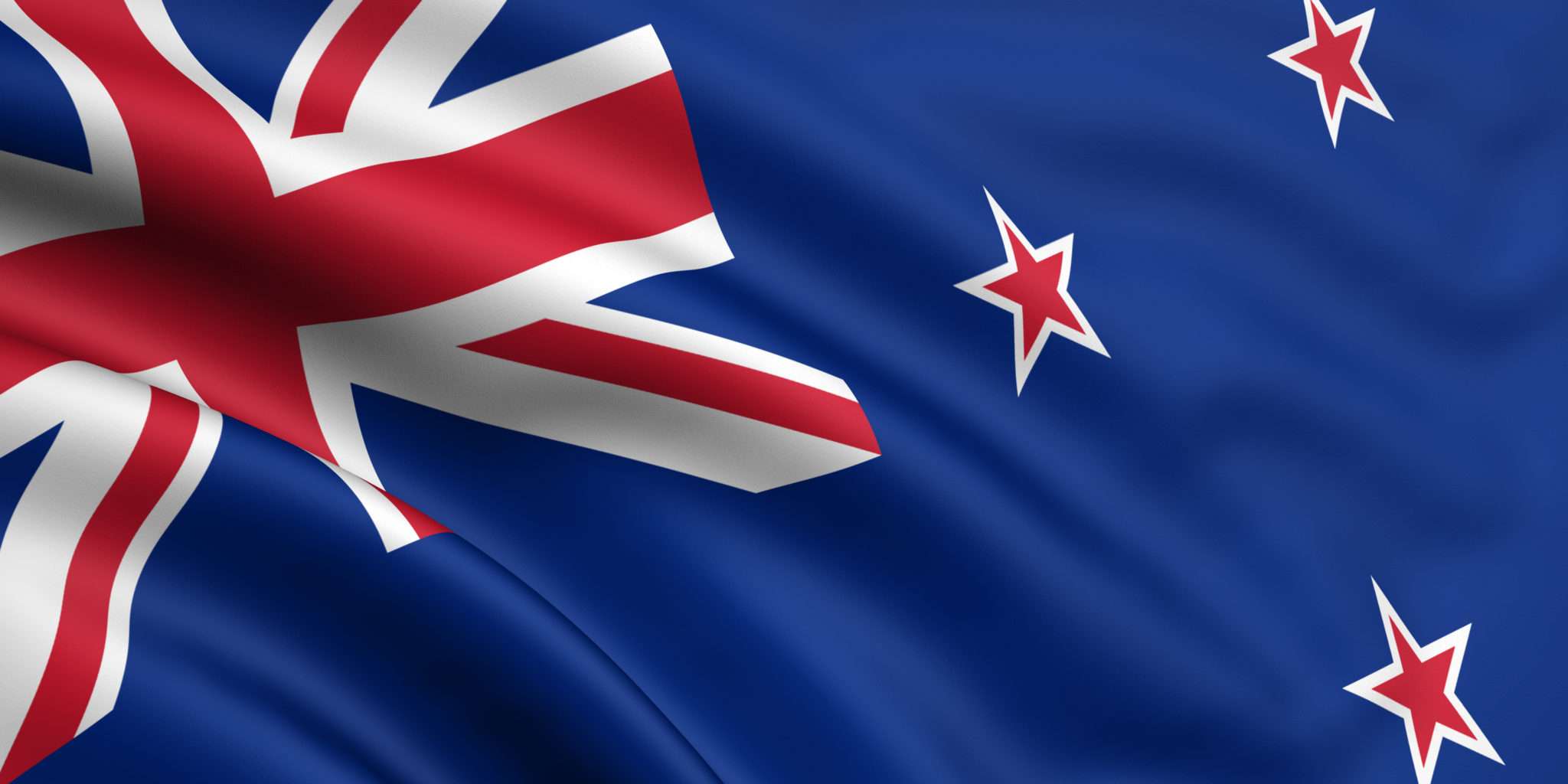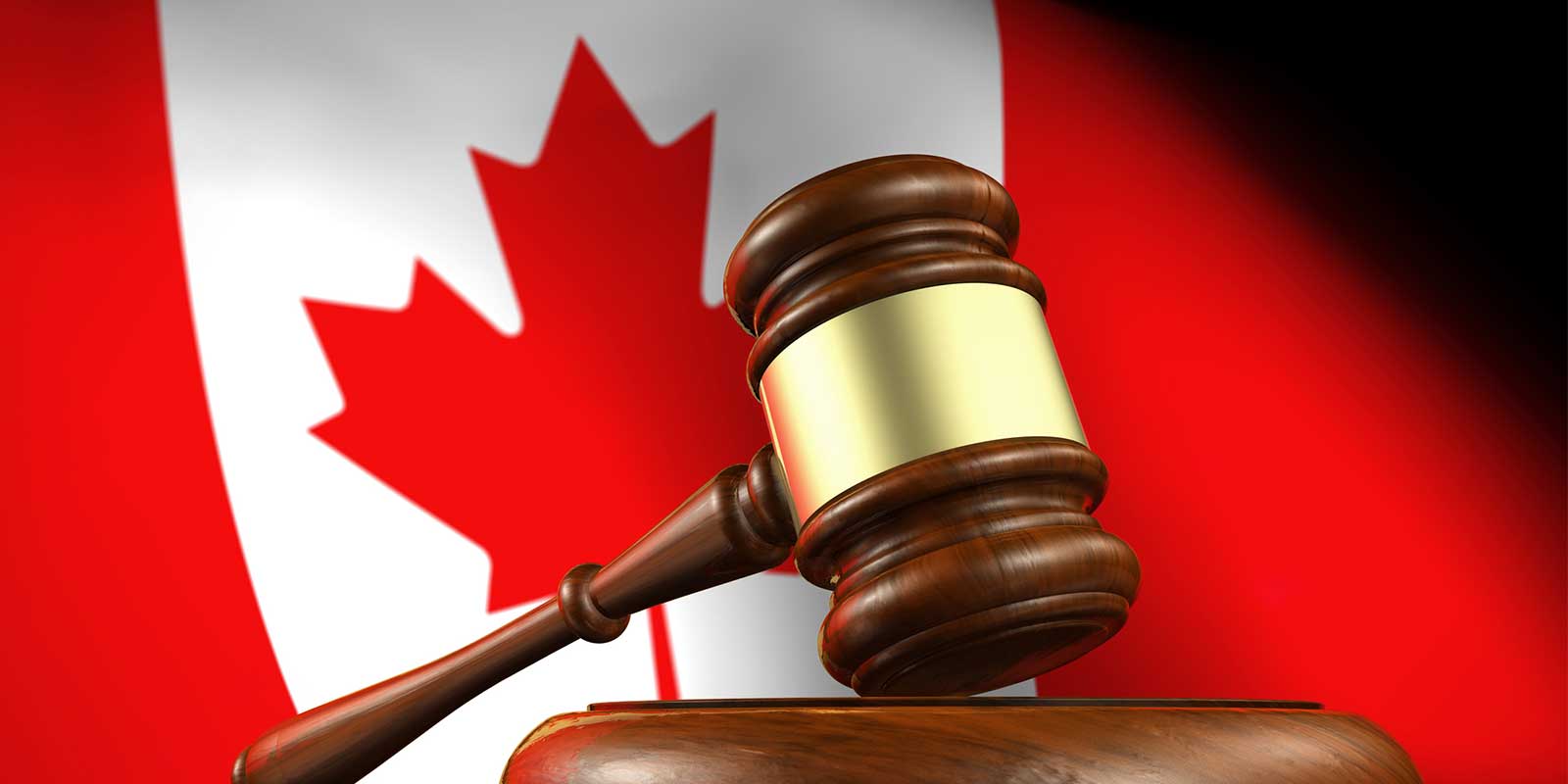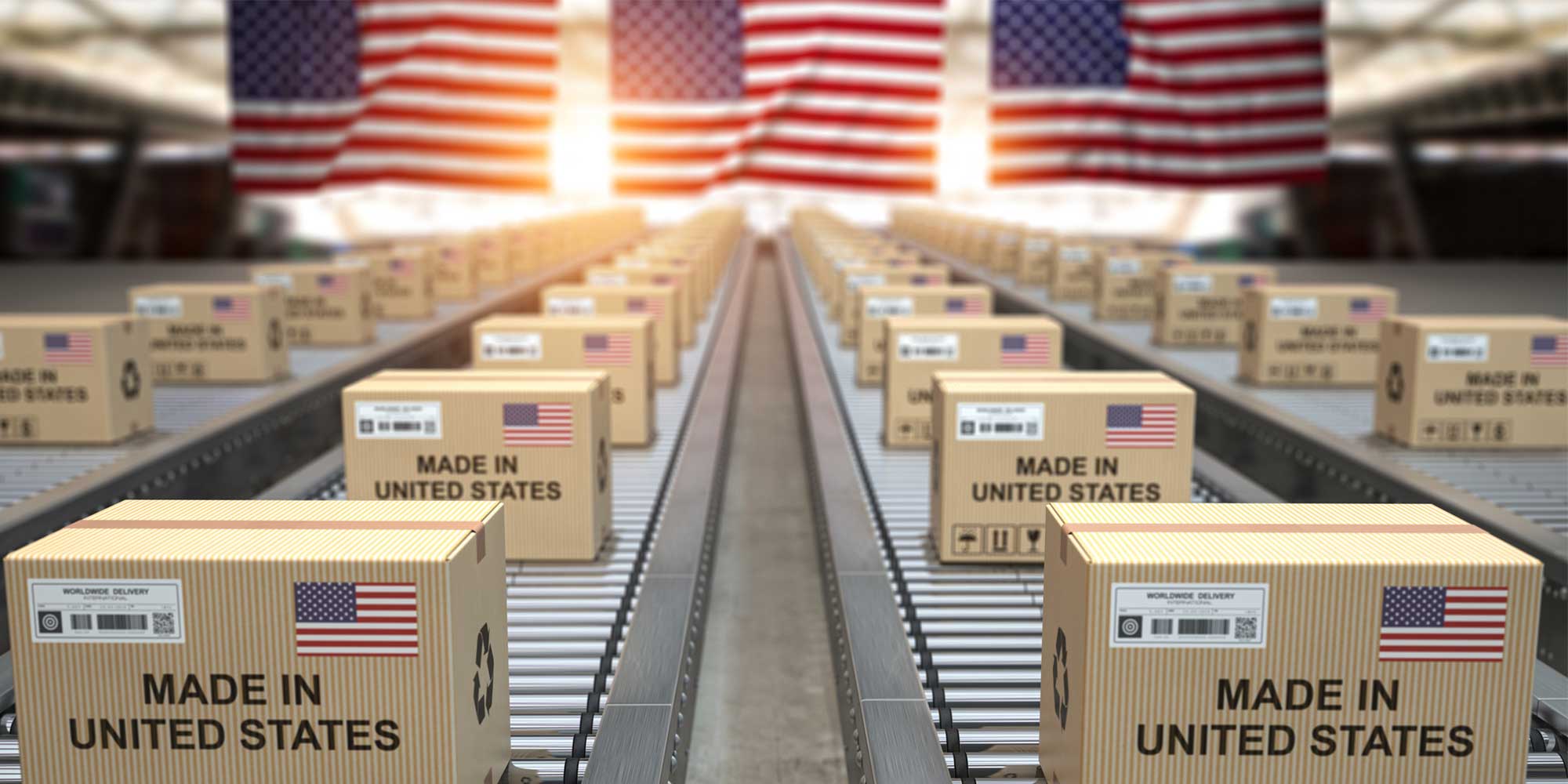Recent changes to United States regulations give firearm owners and dealers in New Zealand much greater access to the American products they want to buy. There are even new opportunities to buy these products online!
If you live in New Zealand, there are 7 important things to know if you want to buy firearms, parts, riflescopes and other firearm accessories from sellers in the United States.
New Zealand Regulations Have Changed
The New Zealand Arms Act was revised in 2019 and was revised again in June 2020.
This post looks at New Zealand laws as they stand today. For a review of what has changed and for supplemental information, please see the “New firearms laws and what they mean” section of the New Zealand Police website.
Certain Firearms, Parts and Accessories Cannot be Imported into New Zealand
Certain firearms, parts and accessories are considered “prohibited items” under New Zealand law.
The following are considered “prohibited items:”
- Semiautomatic centerfire rifles
- Bolt, pump-action, or lever-action centerfire rifles if they include a magazine that can hold more than 10 rounds
- Bolt, lever-action, or semiautomatic .22 or smaller rimfire rifles if they include a magazine that can hold more than 10 rounds
- Pump-action or semiautomatic shotguns if capable of being used with a detachable magazine
- Pump-action or semiautomatic shotguns with a non-detachable tubular magazine capable of holding more than 5 cartridges
- Semiautomatic pistols that are not considered a “small semi-automatic pistol.” (A “small semiautomatic pistol” has an overall length or 400mm or less, a barrel length of 101mm or more, is capable of firing specified shooting range ammunition only at a muzzle velocity of 1,600 feet per second or less, and is suitable for shooting on a certified pistol range.)
- Rifle magazines that can hold more than 10 rounds
- Shotgun magazines that can hold more than 5 rounds
- A part of a prohibited firearm
- A component that can be applied to enable a firearm to fire with, or near to, a semiautomatic or automatic action
- Pistol carbine conversion kit
- Certain ammunition
- Offensive weapons such as bayonets, knuckledusters, certain knives, and swordsticks. See the full list here.
How to Obtain License Endorsements for Prohibited Items
Authorization to import or possess prohibited items can be obtained for certain purposes.
The following entities may be eligible for an endorsement to their firearms license that allows them to import prohibited items:
- Licensed dealers
- Certain collectors of firearms
- Museums
- Theatre, society, cinematic, film or video companies
- Pest control or wild animal recovery companies or individuals
- Certain agriculture, horticulture, of silvicultural business or individuals
Please visit the endorsement section of the Police website for details on eligibility and requirements.
A person or entity who obtains the appropriate endorsement to import a prohibited item also must obtain an import permit as described below.
Obtaining an Import Permit to Bring Firearms, Parts, and Accessories Into New Zealand
An import permit is required to import the following items into New Zealand:
- A firearm, pistol, blank firing gun (including a starting pistol), restricted airgun, or restricted weapon
- Any part of a firearm, pistol, blank firing gun (including a starting pistol), or restricted weapon
- A prohibited firearm, prohibited magazine, or prohibited part (endorsement to firearms license must be obtained first).
- A pistol carbine conversion kit or air pistol carbine conversion kit
- Ammunition
To apply for an import permit for these items, an application must be submitted to and approved by the New Zealand Police.
Import permits will be issued only to a person or entity with authorization to possess the items, such as a firearms license or dealer license and, in the case of prohibited items, an endorsement for prohibited items.
United States Export Regulations May Affect Your Purchase
A U.S. export license is required for the export of firearms to New Zealand except for shotguns with a barrel length of 18 inches or more, antique firearms (manufactured before 1890), muzzle-loading black powder firearms, BB guns, pellet rifles, paintball guns, and air rifles.
Exports of many firearm parts and components from the United States also require an export license unless a “license exception” is available. One license exception, the LVS exception, authorizes U.S. exporters to export up to $500 of semi-automatic and non-automatic firearm parts to New Zealand without an export license.
The LVS exception is not available for frames, receivers, or breech mechanisms, but other parts qualify for the exception if their total value in the shipment does not exceed $500.
Certain minor parts and accessories such as stocks, grips, scope mounts, accessory rails, iron sights, sling swivels, butt plates, recoil pads, slings, holsters, cases, bipods, magazine components, and compensators, do not require an export license or license exception regardless of the value.
U.S. exporters do no require an export license to export to New Zealand most telescopic, holographic, reflex (“red dot”), and reticle sights and laser aiming devices. U.S. sellers do need an export license, however, to ship military riflescopes to New Zealand.
U.S. exporters were not allowed to sell or ship sound suppressors to commercial (non-governmental) purchasers in other countries until a change in policy occurred in July 2020. New Zealanders now can buy American-made sound suppressors, but U.S. exporters must obtain an export license from the U.S. Department of State prior to shipment.
If you make a purchase, you will be asked to provide the exporter with a signed purchase order, an “end-user statement“, DSP-83, and import permit. The exporter will require these documents to apply for an export license.
Note that, although the United States has relaxed its export policy for sound suppressors, dealers in other countries are not permitted to buy suppressors for stock. Each ultimate end user must be identified in the export license and must sign a DSP-83.
Fully automatic firearms and shotguns, firearms using caseless ammunition, and magazines with a capacity over 50 rounds can be exported from the U.S. only to military or law enforcement end-users.
Keep in mind that U.S. export regulations do not affect New Zealand’s firearms and import regulations. Items that are prohibited under New Zealand law cannot be imported from the United States even though the U.S. permits them to be exported.
Understand U.S. “Know Your Customer” Requirements
Be patient with U.S. exporters who ask a lot of questions before agreeing to do business with you. U.S. exporters of firearms are expected to vet and approve foreign purchasers before exporting guns, parts, riflescopes or ammunition to them.
The exporter must know the name of the end-user, the ultimate destination country, and how the firearms or other products will be used. U.S. exporters also screen purchasers against government lists of parties to whom Americans are not permitted to sell firearms or who are subject to other sanctions. U.S. exporters will not do business with parties who appear on one of these lists.
U.S. regulations require that firearms and related products authorized for export to New Zealand must remain in New Zealand. To emphasize this to importers, a “destination control statement” will appear on the commercial invoice included with your shipment. It will state
“These items are controlled by the U.S. Government and authorized for export only to the country of ultimate destination for use by the ultimate consignee or end-user(s) herein identified.
They may not be resold, transferred, or otherwise disposed of, to any other country or to any person other than the authorized ultimate consignee or end-user(s), either in their original form or after being incorporated into other items, without first obtaining approval from the U.S. government or as otherwise authorized by U.S. law and regulations.”
U.S. sellers are expected to refuse to do business with purchasers they believe may re-export or transfer controlled products or use them in a manner inconsistent with U.S. or foreign law. When sellers suspect wrongdoing, they are encouraged to report it to law enforcement authorities.
Don’t Let New Zealand Import Duties and Taxes Surprise You
You may be required to pay New Zealand duties or Goods and Services Tax (GST) on firearms, rifle scopes and related products you buy from from sellers in the United States.
Shipments with a value of NZ$1,000 or less are exempt from duties, taxes and import charges.
Goods and services tax (GST), import duties, and import transaction fees apply to orders that exceed NZ$1,000 as follows:
- The GST is 15% of the shipment value (including freight).
- An import transaction charge of NZ$55.71 is imposed without regard to the value of the shipment.
- There is no import duty for firearms, parts, or sights/optics brought into New Zealand from the U.S. A 10% import duty is imposed on apparel. The duty for holsters, cases, and similar items is 5%.
Do you want to buy firearms, parts, rifle scopes and accessories online directly from U.S. manufacturers? You will soon be able to do exactly that. Click the button below to learn how your free EasyExport purchaser account will unlock the gates to the American online market in the near future.






